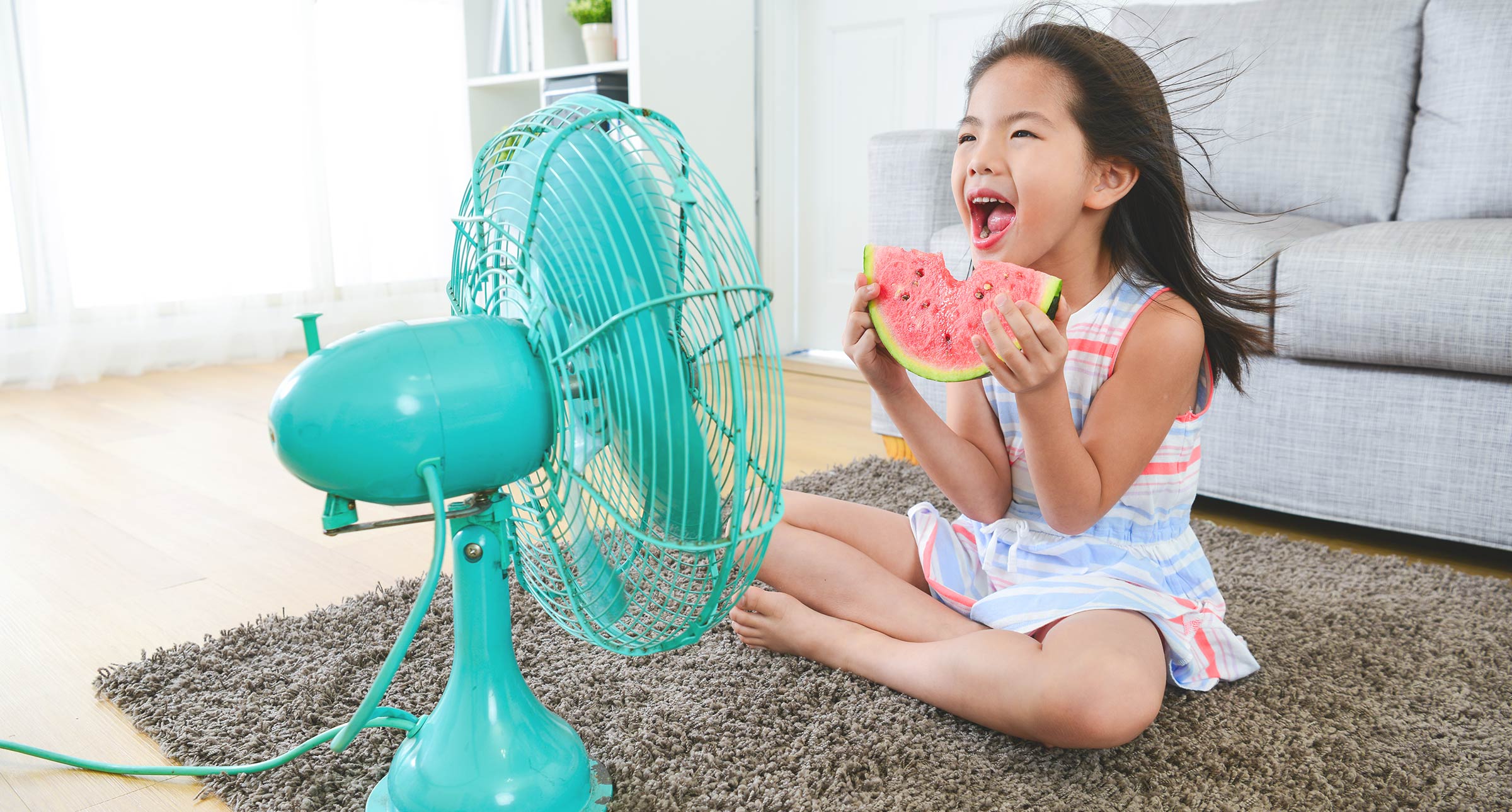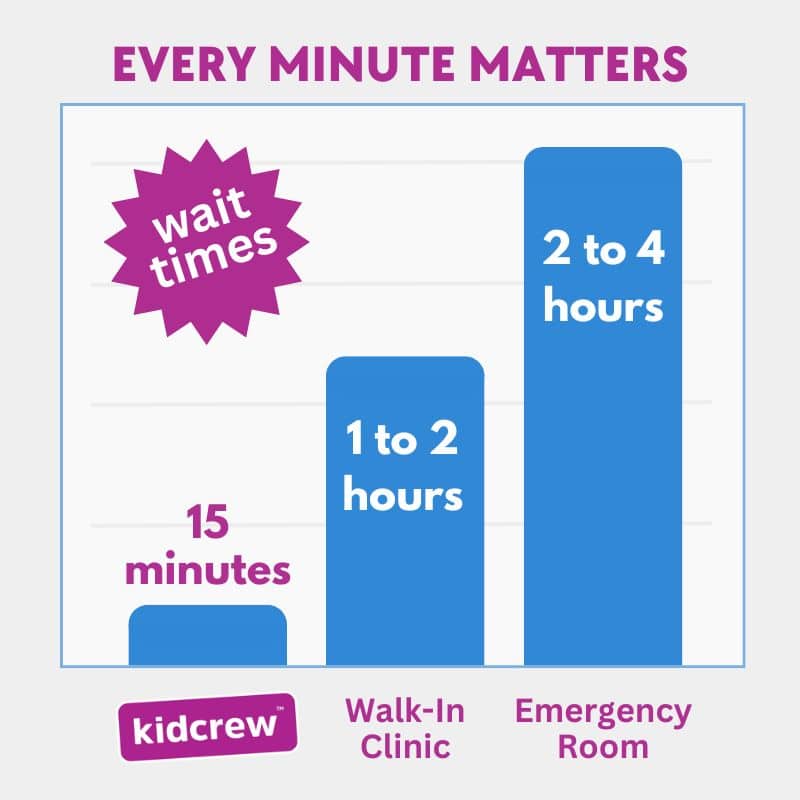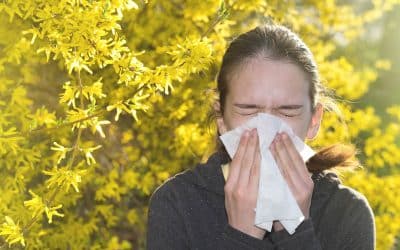Recognizing and Addressing Dehydration in Children
It’s a scorching hot day, and your child has been running around outside, playing with friends and soaking up the sun. By the afternoon, they start to look fatigued and complain of feeling dizzy. You notice their lips are dry, and they haven’t had much to drink. Could they be dehydrated?
Understanding Dehydration
Dehydration occurs when the body loses more fluids than it takes in, which can be particularly dangerous for children during heat waves. Knowing the signs and how to respond quickly can prevent serious health issues.
Symptoms of Dehydration:
- Dry mouth and tongue
- No tears when crying
- Sunken eyes and cheeks
- Decreased urine output or dark yellow urine
- Lethargy or irritability
- Dizziness or lightheadedness
Immediate Home Care Strategies:
- Move to a Cool Area: To reduce further fluid loss from sweating, take your child to a cool, shaded area or indoors.
- Hydration: Encourage them to drink water or an electrolyte solution like Pedialyte or Gatorade in small, frequent sips to prevent vomiting.
- Cool Compresses: Apply cool, wet cloths to their forehead, neck, and wrists to help lower body temperature.
- Avoid Caffeinated Drinks: These can worsen dehydration by increasing fluid loss.
When to Seek Urgent Care or ER
When to Visit Urgent Care:
Persistent Symptoms: If your child’s symptoms do not improve with home treatment.
Vomiting: They are unable to keep fluids down due to vomiting.
Ongoing Dehydration Signs: Persistent signs of dehydration such as dry mouth, decreased urine output, or lethargy despite drinking fluids.
When to Visit the Emergency Room:
Severe Symptoms: Severe dehydration symptoms like confusion, rapid heartbeat, or fainting.
Unresponsiveness: Your child becomes unresponsive or has a significant decrease in alertness.
Extreme Dehydration Signs: Severe signs of dehydration such as sunken eyes, dry skin that doesn’t spring back when pinched, or no urination for 8 hours or more.
“Dehydration can escalate quickly, especially in children during heat waves. Recognizing the signs and knowing when to seek medical care is crucial.”
– Dr. Dina Kulik
Prevention: The Best Way to Treat Dehydration
Prevention is key to avoiding dehydration, especially during heat waves. Here are some tips parents can use to keep their children well-hydrated and safe:
- Hydration Routine: Make drinking water a part of your child’s daily routine. Offer water at regular intervals, not just when they are thirsty.
- Hydrating Snacks: Include hydrating foods like watermelon, cucumbers, oranges, and strawberries in their diet.
- Fun Hydration: Use fun, colorful water bottles and let children choose their favorite to encourage them to drink more fluids.
- Education: Teach your children about the importance of staying hydrated and recognizing the early signs of dehydration.
- Timely Outdoor Activities: Schedule outdoor activities during cooler parts of the day, such as early morning or late afternoon.
- Appropriate Clothing: Dress your child in light, breathable clothing to help them stay cool and reduce sweating.
- Shade and Breaks: Ensure they take frequent breaks from outdoor play and rest in shaded or cool areas.
- Monitor Urine Color: A simple way to monitor hydration is by checking the color of your child’s urine. Pale yellow indicates good hydration, while darker urine suggests a need for more fluids.
For more detailed tips on keeping kids hydrated, my guide on ensuring kids stay hydrated.
Staying Hydrated and Healthy
Dehydration is a serious risk during heat waves, but with prompt action and awareness, it can be effectively managed. Always keep an eye on your child’s hydration status and take preventive measures to avoid dehydration. If in doubt, don’t hesitate to seek professional medical advice to ensure your child’s health and safety.








































